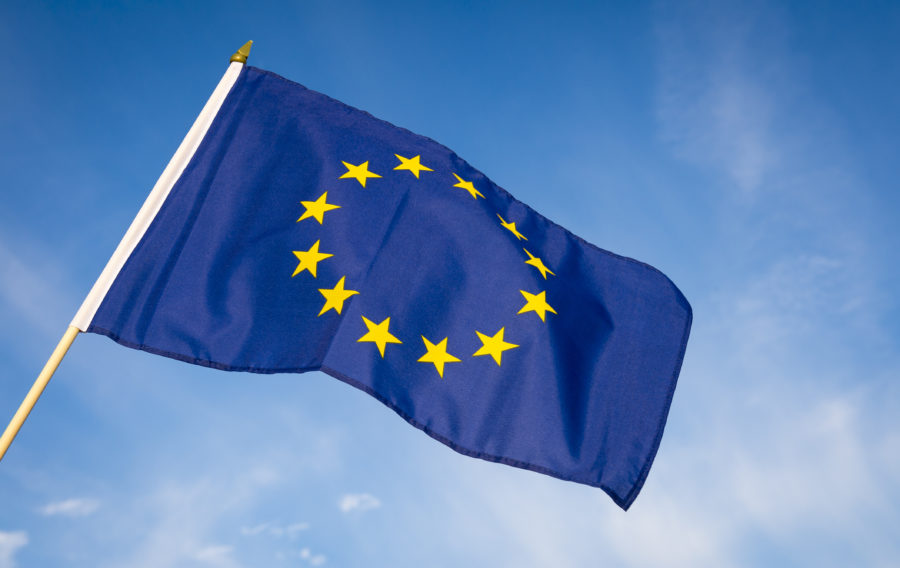
The European Parliament has voted on a resolution to establish a more robust defence in the face of increasing malicious cyber attacks.
The cyber defence resolution, passed by 476 votes to 151, with 36 abstentions, recognised that Russia, China and North Korea, in addition to non-state actors, had conducted malicious cyber attacks on critical infrastructure in the EU, which included engaging in cyber espionage and mass surveillance of EU citizens, running disinformation campaigns and taking internet access hostage.
The ability of the EU to defend themselves from such hostile acts is impaired by Europe’s fragmented defence strategies and capabilities, leaving member states vulnerable to cyber attacks. MEPs urged member states to enhance the ability of their armed forces to work together and to strengthen cyber cooperation at EU level, with NATO and other partners.
This would entail more joint cyber exercises, training and exchanging military officers, recruiting cyber forensics experts, and also improving the cyber defence expertise of EU missions and operations.
MEPs welcomed two cyber projects that are set to be launched within the Permanent Structured Cooperation (PESCO): an information-sharing platform for cyber incidents and cyber rapid response teams. It is envisaged this will lead to the creation of a European cyber rapid response team, which would coordinate, detect and counter collective cyber threats.
EP rapporteur on cyber defence, Urmas Paet, said: “A successful cyber attack can turn a nuclear power plant into a nuclear bomb or cause chaos in a hospital, putting patients’ lives at risk. In order to defend ourselves from such threats, we need to strengthen cyber defence capabilities by boosting cooperation between Member States, the EU and NATO.”
If you haven’t already joined the Cyber Essentials scheme, then now is the time to do so. Click here to find out more.
If you would like to join our community and read more articles like this then please click here.







